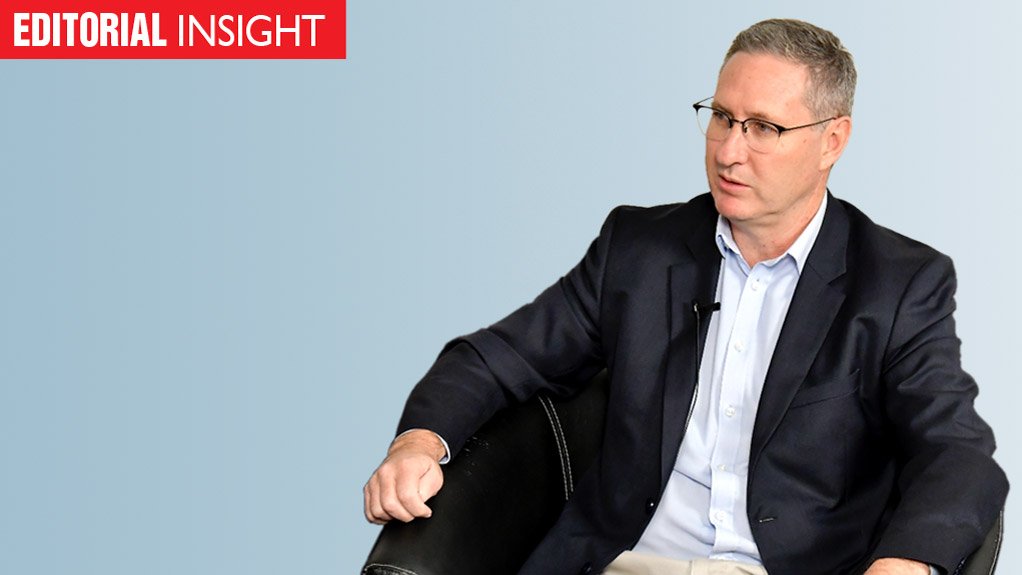There was much excitement at the start of 2018 about the prospect of a growth tailwind, following Cyril Ramaphosa’s election as African National Congress (ANC) president, and later head of State. It soon became clear, however, that ‘Ramaphoria’ was more psychological relief than physical cure.
Any reignition of economic growth required greater policy certainty, which would take time to deliver, particularly given ongoing rifts in the ANC, mixed with toxic rearguard skirmishes by Jacob Zuma-faction belligerents. In addition, it required a deep clean of those departments and State-owned companies (SOCs) most affected and infected by the so-called State capture.
Having realised this, some began pinning their economic-recovery hopes on 2019. It soon became clear, however, that those institutions expected to conduct the clean-up, notably the Directorate for Priority Crime Investigation, or the Hawks, and the National Prosecuting Authority, were themselves carriers of the State-capture virus and, thus, required their own quarantine and rehabilitation before they could act. Hence, the much-anticipated prosecutions have failed to materialise, despite some indications of progress.
It also emerged that years of corruption and misgovernance at the SOCs had caused far more damage than was initially thought. Besides the obvious operational and financial carnage at companies such as Eskom, South African Airways, Denel and the South African Nuclear Energy Corporation, there were far less visible, but just as malignant, workplace cultures that had embedded themselves at the SOCs, which made overnight reform near impossible. Indeed, many of the new leaders installed to conduct the clean-up were met with robust resistance and some have even resigned their positions.
As a result, 2019 came and went, and the economy, which was already limping, became near paralysed towards the end of the year when Eskom’s operational problems came to the fore in the form of a traumatic period of load-shedding. On December 9, it became so bad that the utility took the hitherto unprecedented step of declaring Stage 6 load-shedding, or 6 000 MW of simultaneous cuts. Since then, power cuts have been a real and present danger and are likely to remain so for the coming 18 months at least, as Eskom uses load-shedding to create the space and time it needs to claw back years of maintenance neglect.
As a result, South Africa started 2020 on the back foot and the situation has not been helped by some ridiculous delays to sorting out the policy and regulatory frameworks needed to stimulate non-Eskom supply. The outlook has worsened considerably, though, with the Covid-19 outbreak, which is going to kick lumps out of the global economy and hurt an already frail South African economy.
The worst outcome, however, would be a scenario where South Africans use Covid-19 as yet another excuse for either further delaying the implementation of established policies, such as the electricity and spectrum-release plans, or delaying the finalisation of other much-needed reforms. As with our approach to dealing with the virus itself, South Africa has to get back to basics, show consistency, say what it means and mean what it says. Only then will this economy be in a position to benefit from any possible postvirus upturn that could arise from the fiscal and monetary stimulus plans being unveiled elsewhere.
EMAIL THIS ARTICLE SAVE THIS ARTICLE ARTICLE ENQUIRY
To subscribe email subscriptions@creamermedia.co.za or click here
To advertise email advertising@creamermedia.co.za or click here











